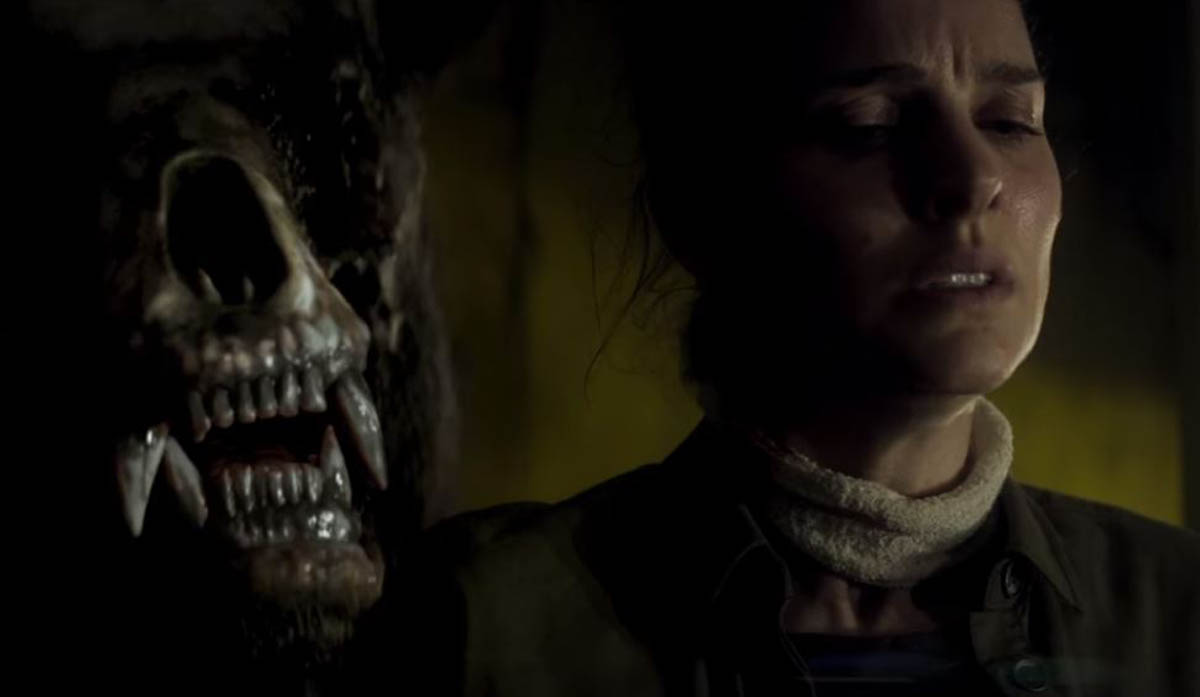Intro for December 14, 2017



Dear Gossips,
Salma Hayek’s essay in The New York Times about Harvey Weinstein – like all of the other stories about predators we’ve heard over the past couple of months and well before that too, the details are disturbing and her pain is real. But, as Salma suggests, near the end of her piece, the problem is not just about sex and the problem is much bigger than Harvey:
I think it is because we, as women, have been devalued artistically to an indecent state, to the point where the film industry stopped making an effort to find out what female audiences wanted to see and what stories we wanted to tell.
Such an effective use of the word “indecent”. It’s a word typically associated with propriety and commonly used when describing a certain kind of inappropriate behaviour. Dirty behaviour. And it IS dirty. It’s dirty that women are paid less, promoted less, invested in less. It’s dirty that they are sexually harassed but it is also dirty that they are professionally underappreciated. So it’s time to start describing it as offensive and indecent and filthy. Because it IS. It is not just filthy that women can’t go to work without being called into some asshole’s office so that he can pull out his dick. It is filthy as f-ck that because of him pulling out that dick, even if that dick doesn’t come into contact with her, that she has to make career decisions around that dick. That she has to not apply for that position she might interested in in an other department because of what she’s heard about a groper, that she may consider leaving her profession altogether because of all the groping she’s had to endure.
Salma Hayek’s story is a story about sexual harassment. It is also a story about work, interrupted. And it relates exactly to what Rebecca Traister wrote earlier this week in a new column about this conversation that’s dominated our cultural landscape: “This Moment Isn’t (Just) About Sex. It’s Really About Work”. It is about all the work, the potentially wonderful and groundbreaking and creative work, in science, in the humanities, in the arts, in all industries, that has been lost and stolen, the work of women unrealised, generations of women’s talent sacrificed because of trauma or self-preservation, or both. As Rebecca says in her piece:
“These are the economics of sexual harassment, but also, simply, of sexism.”
And our society is poorer for it. Poorer for the female world leaders whose careers were derailed. Poorer for the inventions that were abandoned. Poorer for the philanthropic advocacy that could have been advanced. Poorer for the films that could have been made, the books that could have been written, the songs that could have been sung, the places that could have been discovered, the diseases that could have been cured, the lives that could have been saved.
Over the last few weeks, as so many predators continue to pop out of the Hollywood Predator Advent Calendar, there’s been an attempt at comparison, a warped hierarchy that attempts to rationalise who might be worse and how one man, while still gross, might not be as bad as the other. Rebecca Traister has articulated in her essay why that’s not the point. The point is that all of it comes from the same place. And that the consequences of each act, from rape to groping to dick-pulling to objectification, when taken collectively, have resulted in a cataclysmic universal tragedy – the tragedy of women’s stolen potential.
Rebecca talks more about this in an interview with Vox’s Ezra Klein, published in November and republished Tuesday. It’s incredible how astute she was in forecasting what would happen in the weeks since she and Ezra sat down to discuss the #MeToo movement and its inevitable backlash. On Show Your Work, I quote often from her book, All The Single Ladies, that was released last year. Rebecca Traister is vital and her work is necessary. Now imagine how many Rebecca Traisters have been shut down, whose voices could never flourish, because of the indecent way that power structures have been preserved to protect the ones who don’t want to share.
Yours in gossip,
Lainey
